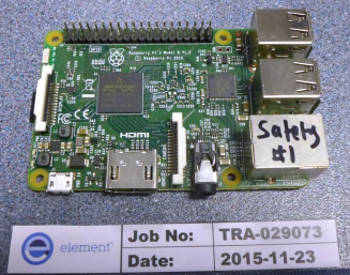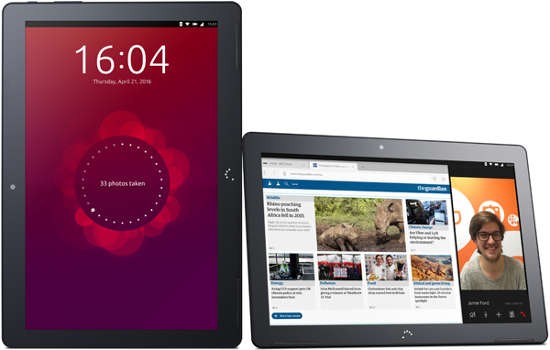Emmabuntüs is a GNU/Linux distribution that’s definitely set apart from the crowd, as its developers are motivated less by a love for technology than by a connection with humanity.
The Emmabuntüs Community today announced the third maintenance release of Emmabuntüs 3, version 1.03, based on Xubuntu 14.04.4. Like its *buntu namesake, the distro ships with the Xfce desktop by default, but also includes LXDE as an option.
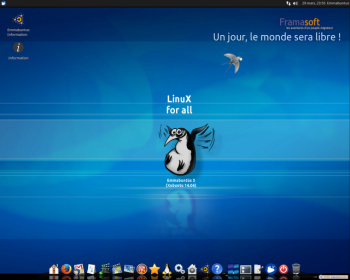 What sets Emmabuntüs apart from other GNU/Linux distributions is the fact that it’s a distro with a mission. The informal community responsible for the distribution initially came together sometime before 2012 with the purpose of creating a distribution to simplify the task of refurbishing used computers to be given to charity organizations, with the key recipient being Emmaus, a secular international organization founded in Paris in 1949 by Catholic priest and Capuchin friar Abbé Pierre to combat poverty and homelessness.
What sets Emmabuntüs apart from other GNU/Linux distributions is the fact that it’s a distro with a mission. The informal community responsible for the distribution initially came together sometime before 2012 with the purpose of creating a distribution to simplify the task of refurbishing used computers to be given to charity organizations, with the key recipient being Emmaus, a secular international organization founded in Paris in 1949 by Catholic priest and Capuchin friar Abbé Pierre to combat poverty and homelessness.

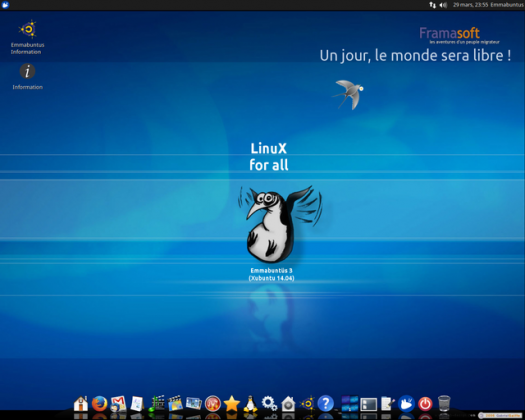
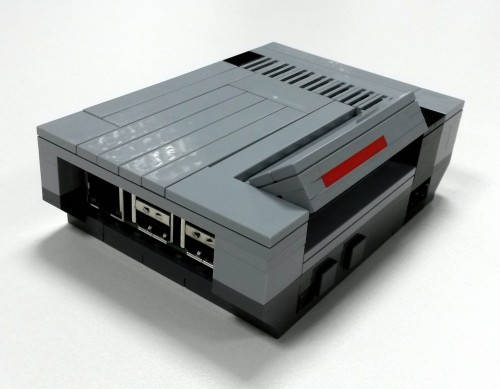
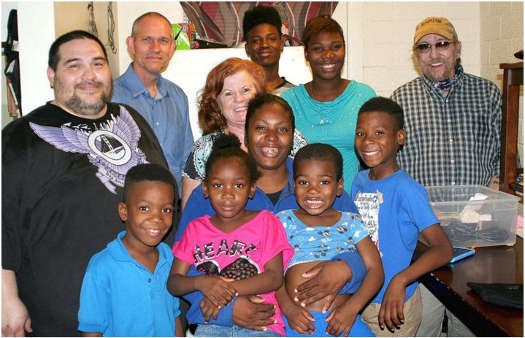
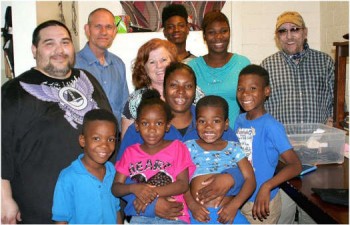

 Here’s the big surprise, especially for those of you trying to stay on top of the Microsoft tax: Choosing Ubuntu over Windows comes with a $101.50 reduction in price. That’s quite a discount — much, much more than I remember back in 2007 when Dell made its first foray into offering Linux.
Here’s the big surprise, especially for those of you trying to stay on top of the Microsoft tax: Choosing Ubuntu over Windows comes with a $101.50 reduction in price. That’s quite a discount — much, much more than I remember back in 2007 when Dell made its first foray into offering Linux.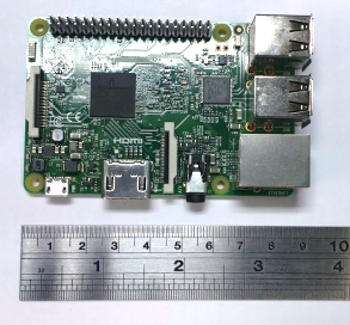

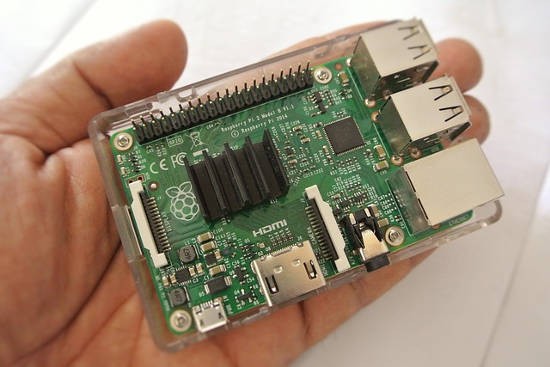
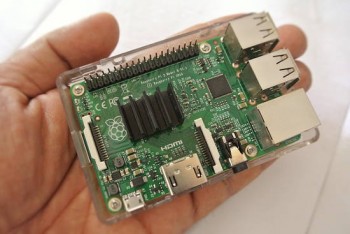 More distros to choose from – February marked the arrivial of several new distros that Raspberry Pi users can now install.
More distros to choose from – February marked the arrivial of several new distros that Raspberry Pi users can now install. 